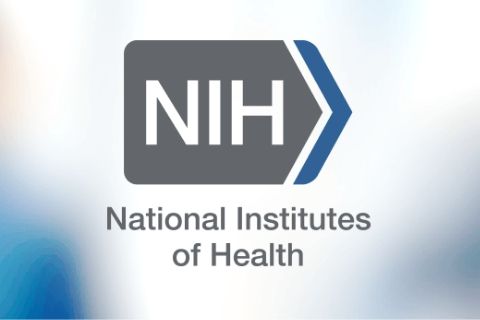October 15, 2024

By: AEOP Membership Council Member Krish Wahi
During the summer of 2021, I was selected for the Army Educational Outreach Program’s (AEOP) Research Foundation Program, where I gained exposure to engineering topics through hands-on activities. In the program, I coded an mBot Ranger robot to complete challenges that mirrored National Aeronautics and Space Administration (NASA) expeditions and real-world problems. I navigated a maze, detected obstacles, and retrieved information to be processed at a control center.
To keep my hard coding to a minimum, I used block coding and Arduino. I also maintained weekly engineering journals to recap the challenges I completed, providing detailed explanations of my methods and comments on the code I wrote. I also conducted an individual chemistry experiment to examine how yeast metabolizes carbohydrates, manipulating a variable of my choice. I focused on how carbohydrate concentration affects yeast metabolism, and I kept close records of my experiment’s progression. I presented my results as an abstract at the end of the program.
 During the summer of 2021, I also participated in AEOP’s Gains in the Education of Mathematics and Science (GEMS), facilitated by the Walter Reed Army Institute of Research, as well as GEMS III, organized by the U.S. Army Combat Capabilities Development Command Army Research Laboratory. In these programs, I worked on various experiments related to science and engineering concepts, including cell biology, dam construction, cryptography, and cardiology. I followed proper experiment etiquette and developed the technical skills necessary for lab research.
During the summer of 2021, I also participated in AEOP’s Gains in the Education of Mathematics and Science (GEMS), facilitated by the Walter Reed Army Institute of Research, as well as GEMS III, organized by the U.S. Army Combat Capabilities Development Command Army Research Laboratory. In these programs, I worked on various experiments related to science and engineering concepts, including cell biology, dam construction, cryptography, and cardiology. I followed proper experiment etiquette and developed the technical skills necessary for lab research.
These experiments have greatly enhanced my STEM skills, and I have used the knowledge gained from AEOP to pursue further research opportunities.
In the summer of 2023, I worked at the Clinical Genetics Branch in the Division of Cancer Epidemiology and Genetics at the National Cancer Institute at the National Institutes of Health (NIH) at the U.S. Department of Health and Human Services. I conducted a systematic review to identify relevant studies on yoga and mindfulness meditation intervention for patients with telomere biology disorders. These rare genetic conditions result in short telomeres, which manifest differently in all patients. Therefore, there is little information regarding a person’s potential outcomes and future, which leads to medical uncertainty in the patient.
Our goal is to address medical uncertainty with this intervention. First, I searched PubMed Endnote for papers with titles that included “rare” and “mindfulness,” which generated 80 results. After reviewing the titles and abstracts, I narrowed down the relevant studies to eight key papers. From there, I compiled a table of key terms to include in my search, which included cognitive behavioral therapy, telomere biology disorder, fear of cancer recurrence, mindfulness, meditation, yoga, and more. I used Boolean operators to combine multiple terms in one search to determine which combinations would provide the most pertinent results.
| Interventions with
Measured Outcomes |
Input Population |
| uncertainty
anxiety well being mental health |
mindfulness
rare disease mind body telomere meditation genetic nonjudgement recurrence yoga cancer recurrence cognitive behavioral |
For a new search term, I identified pertinent papers from each previous search and created a comprehensive term that would include all relevant papers. Using Advanced PubMed and Mesh terms, I crafted a precise search term that included all the relevant papers. This approach generated 430 relevant studies across PubMed, PsycINFO, and Web of Science databases. I removed duplicate results and screened titles to ensure we were reviewing only the most relevant results. I then presented my findings from the literature review to researchers and community members at the NIH.
Find a Volunteering Opportunity
Visit our Program Volunteers page for a tool to find the best opportunity for you.
